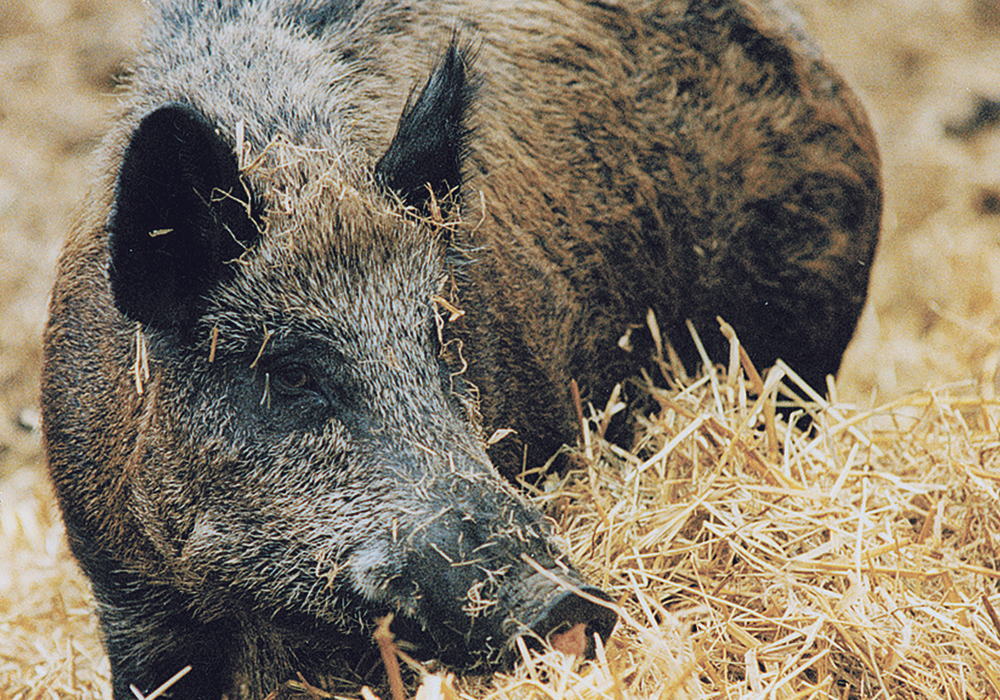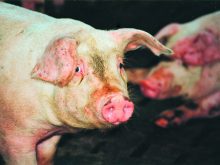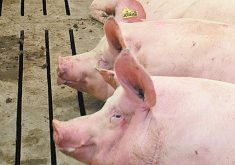BERLIN (Reuters) – Germany’s Ministry of Food and Agriculture said on Wednesday it had a suspected case of African swine fever (ASF) in a wild boar in the eastern state of Brandenburg.
The suspected case concerned a wild boar carcass found near the German-Polish border. A sample of the carcass was being taken for tests at the Friedrich-Loeffler-Institut laboratory, the ministry said in a statement.
“As soon as the analysis is completed, Federal (Agriculture) Minister Julia Kloeckner will provide information about the results tomorrow,” the ministry added.
Read Also

Sugar beet harvest underway in southern Alberta
Alberta Sugar Beet Growers hosts field tour to educate the public on the intricacies of the crop, its harvest process, and contracts with Lantic Sugar
Germany had feared a spread of the disease after cases were confirmed in wild boars in west Poland in past months with one Polish case found only about 10 km (6.21 miles) from the German border. Cases have also been recently confirmed in about 10 other European countries in wild boars which are suspected to be spreading the disease.
ASF is not dangerous to humans but fatal to pigs. Some countries impose import bans from regions where it has been discovered, in non-farm wild boars.
Millions of pigs have died or been culled due to the outbreak in China and other Asian countries. The disease has slashed China’s pig herd by half since 2018.
There have been fears in Germany that its major exports of pork to China and other Asian regions could be threatened if the disease arrives in the country.
Asian countries including China regularly impose import bans on pork from regions where ASF has been discovered, causing painful loss of business for meat exporters.
Germany exported some 158,000 tonnes of pork worth 424 million euros to China between January and April 2020, double the tonnage in the same time in 2019, Germany’s national statistics office said.
Sales were ironically fuelled by China’s increased import demand because the disease has devastated pig herds.















